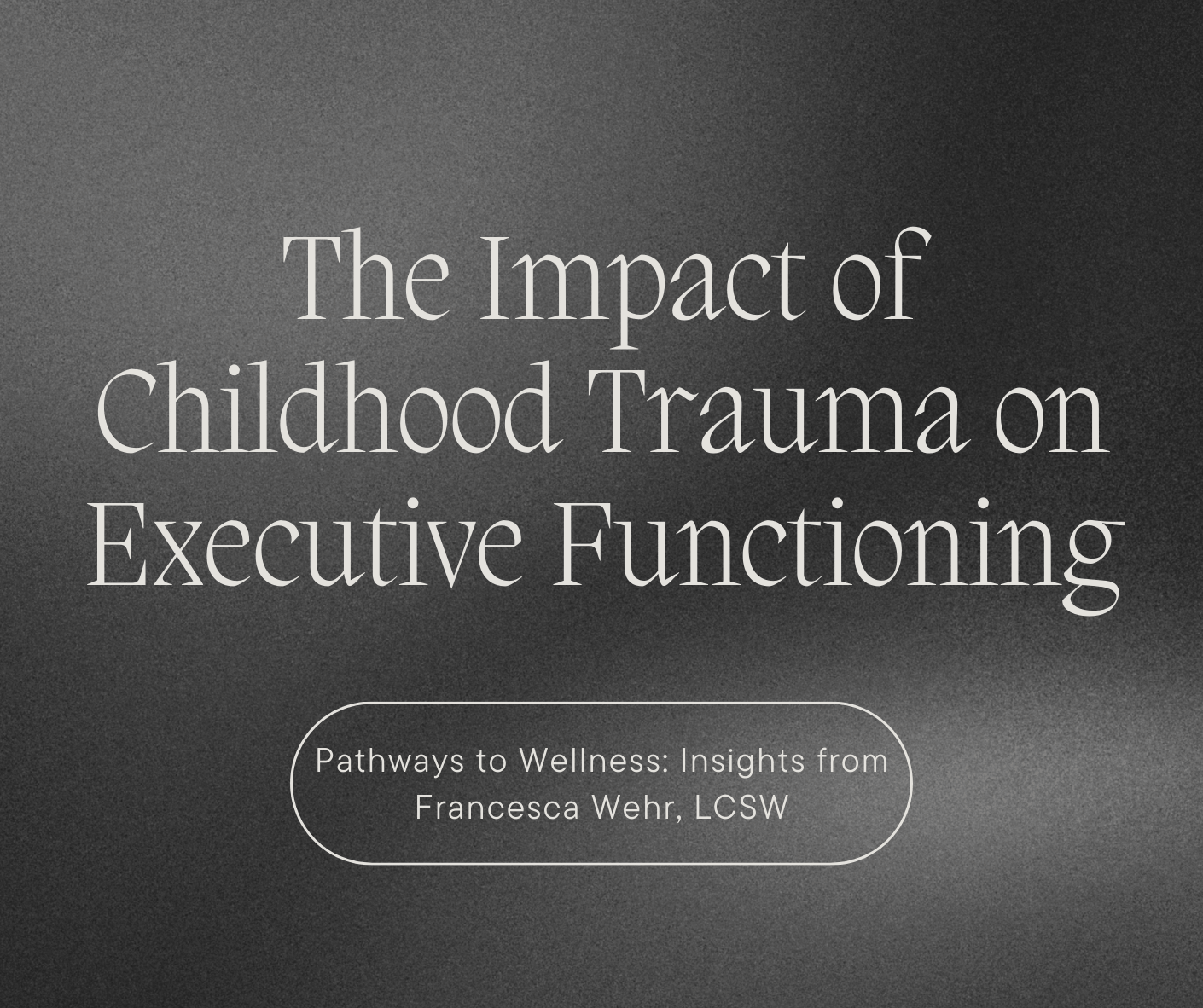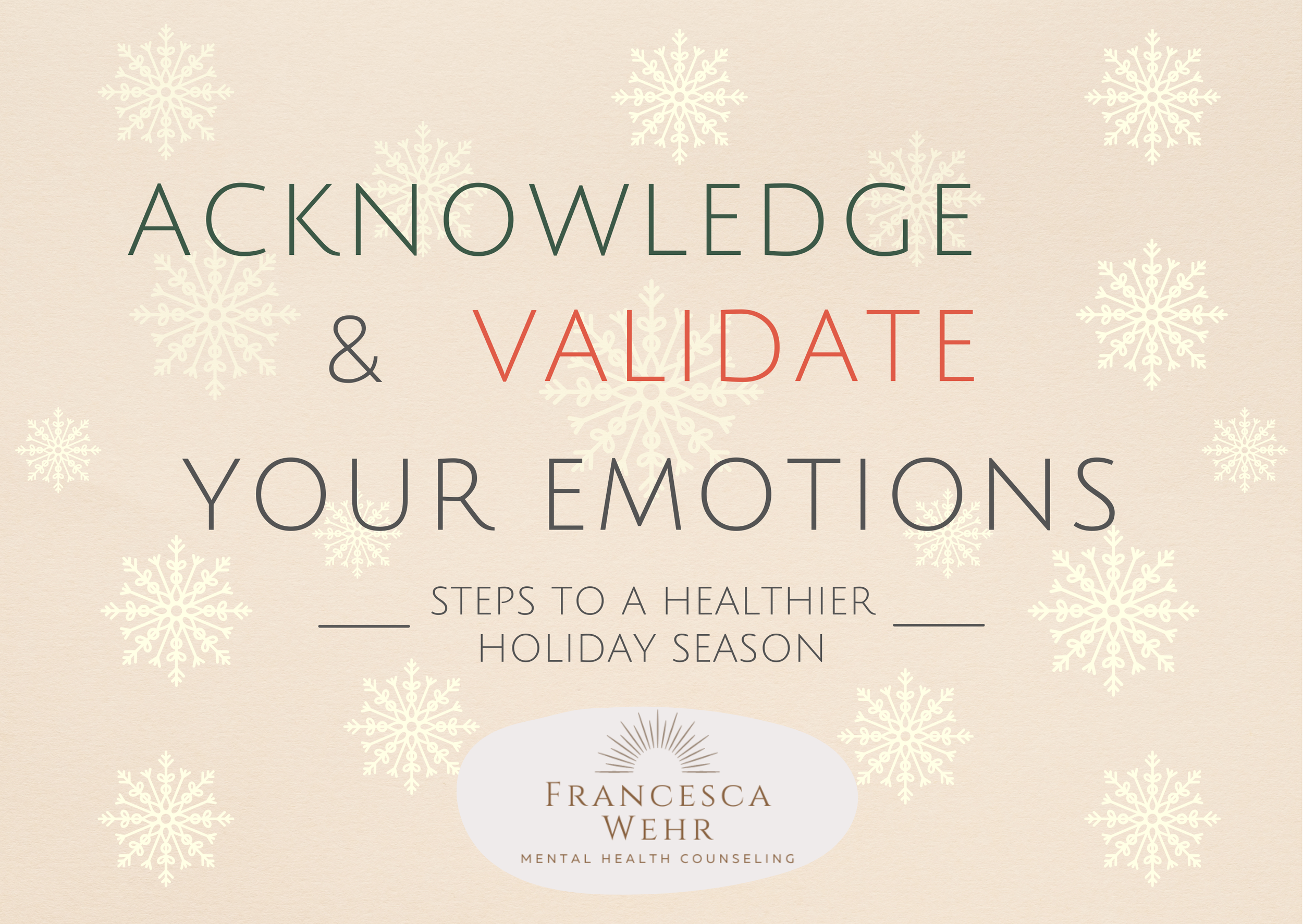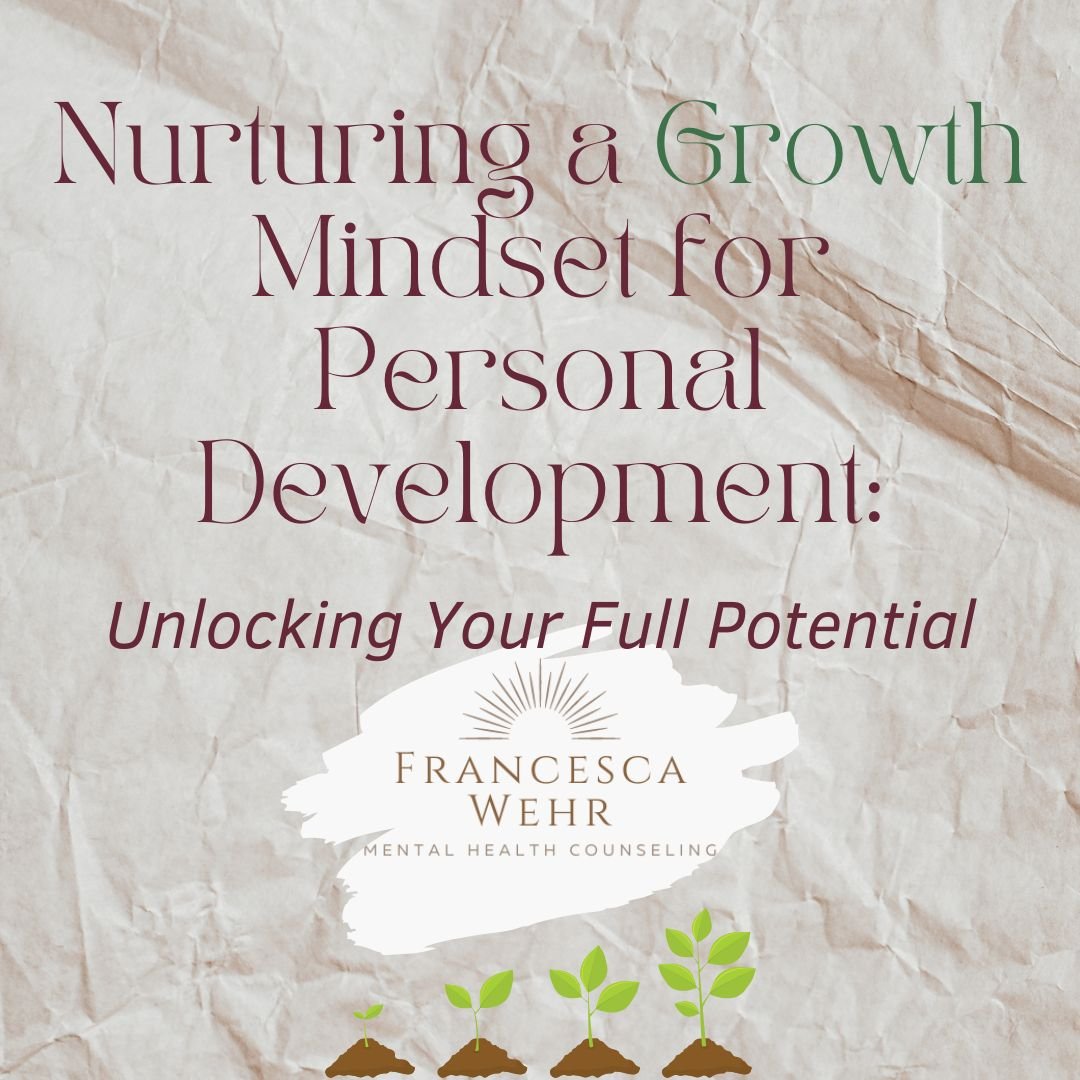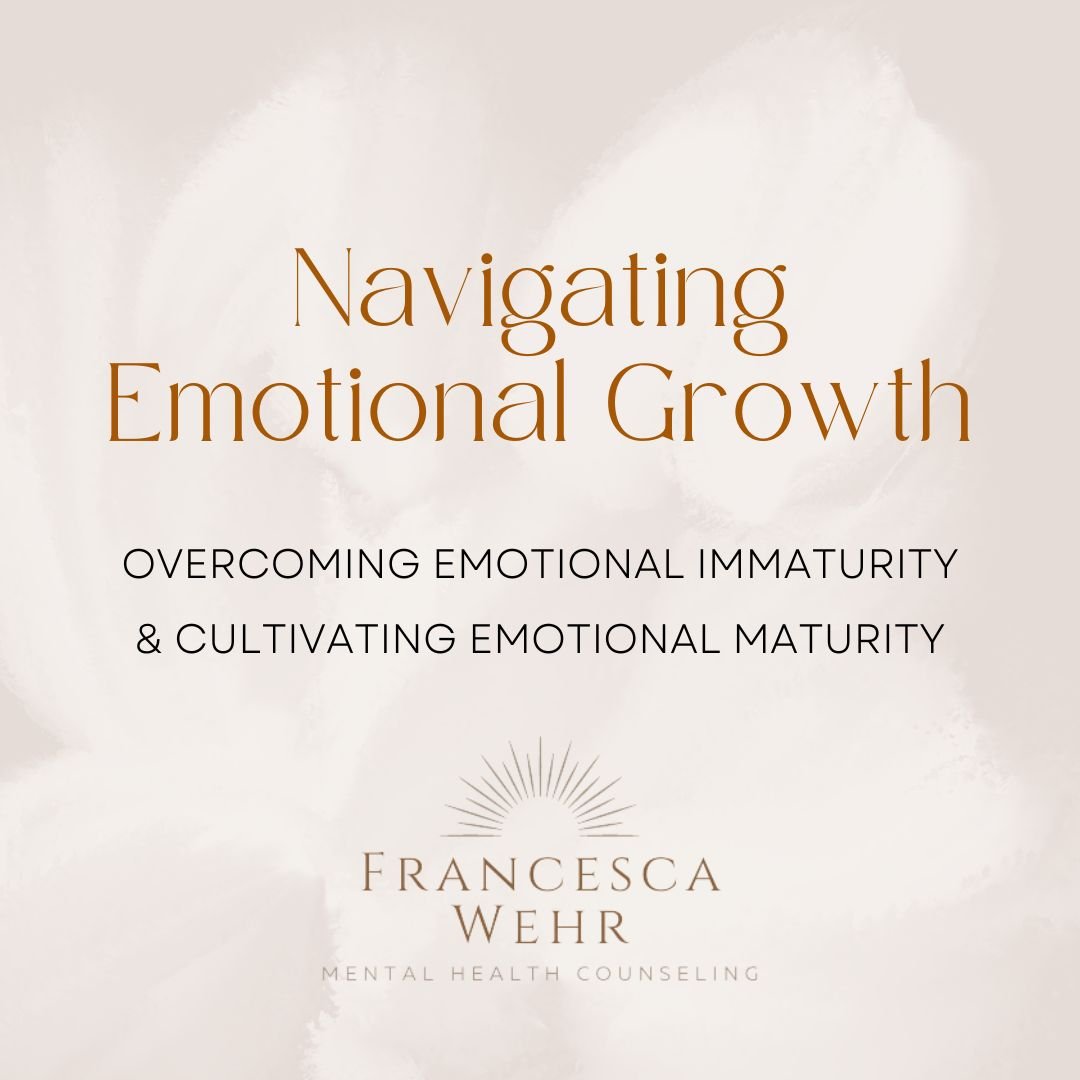
Mastering Time Management with Executive Functioning Disorders: A Comprehensive Guide
Time management can be a significant challenge for individuals with executive functioning disorders, such as ADHD or learning disabilities. Difficulty with planning, prioritizing tasks, and time perception can make staying organized feel overwhelming. In this guide, we explore proven strategies like using visual timers, breaking tasks into smaller steps, and creating structured routines to help you take control of your day. Learn how to boost productivity and reduce stress with practical, easy-to-implement time management techniques.

The Impact of Childhood Trauma on Executive Functioning
Childhood trauma can have long-lasting effects on executive functioning, impairing key cognitive processes like emotional regulation, planning, and problem-solving. These deficits stem from changes in brain development caused by early-life stress, making it difficult for trauma survivors to manage daily tasks, control impulses, and stay organized. However, with the right interventions, such as trauma-focused therapy, mindfulness practices, and executive functioning coaching, it’s possible to rebuild these skills and improve cognitive performance. This guide explores how trauma impacts executive functioning and offers strategies for healing and growth.

Understanding the Tapestry of Trauma Responses: A Deeper Dive
Trauma isn’t just about what happened—it’s about how your nervous system responded to a rupture in safety, trust, or connection. Many behaviors that seem confusing, frustrating, or even self-sabotaging are actually profound adaptations to distress. From emotional numbing to hypervigilance, people-pleasing to risk-taking, this article explores the nuanced spectrum of trauma responses and offers a compassionate reframing of these patterns. When we understand them as survival strategies—not flaws—we open the door to healing, self-trust, and deeper connection.

Understanding Grief: The "Ball in a Box" Analogy and Its Impact on Mental Health
Grief is an inevitable part of life, but understanding it can make the healing process more manageable. The "Ball in a Box" analogy provides a simple yet powerful explanation of how grief evolves over time. In this blog, we dive deep into the emotional and mental health impacts of grief, offering actionable coping strategies to help you navigate loss. Whether you're seeking personal healing or supporting a loved one through grief, this guide will provide the insights and tools you need to move forward with compassion and resilience.

Gentle Startups in Relationships: A Path to Healthier Communication
Conflict is inevitable in any relationship, but how we approach it makes all the difference. Gentle startups, a concept from Dr. John Gottman, offer a way to address sensitive issues calmly and with empathy. By using "I" statements, focusing on feelings rather than blame, and expressing positive needs, couples can navigate disagreements with care. In this post, we explore the importance of gentle startups, how they improve communication, and practical tips for incorporating them into your relationship.

Acknowledge & Validate Your Emotions: Steps to a Healthier Holiday Season
The holidays can evoke a wide range of emotions. Instead of pushing them aside, learn how to acknowledge and validate your feelings. This post offers insights on embracing your emotional landscape with self-compassion.

5 Signs Your Relationship Needs a Communication Tune-Up
Effective communication is the foundation of any healthy relationship, but even the best couples can experience breakdowns. If misunderstandings are frequent or tough conversations are being avoided, it might be time for a communication tune-up. In this post, we’ll cover five key signs that your relationship could benefit from better communication and offer actionable tips to help you reconnect with your partner.

How Trauma Impacts the Body: An In-Depth Exploration of Mind-Body Healing
Trauma affects more than just the mind—it leaves a lasting imprint on the body. Dr. Bessel van der Kolk’s concept, “The Body Keeps the Score,” reveals how trauma is stored within our physiology, often manifesting as chronic pain, fatigue, and other health issues. By exploring the powerful connection between mind and body, and through integrative approaches like somatic therapy, individuals can begin to heal from trauma in a truly holistic way. Discover how addressing both mental and physical aspects of trauma can lead to lasting wellness and resilience.

Before You Speak, T.H.I.N.K.: The Power of Mindful Communication
The world of instant messaging and real-time conversations has undoubtedly made communication more accessible than ever. However, it has also made it all the more critical for us to pause and reflect on the words we use. The acronym T.H.I.N.K provides a simple yet potent framework for fostering mindful communication. It stands for Truth, Helpfulness, Inspiration, Necessity, and Kindness. This article delves into each component of the T.H.I.N.K method, illustrating how it can enhance interpersonal relationships and self-esteem.

Navigating Your Inner Landscape: Understanding and Enhancing Self-Esteem
In the latest edition of "Pathways to Wellness," Francesca Wehr, LCSW, offers a profound look into the dual pillars of self-esteem and self-worth, revealing how these crucial elements of psychological health shape our perceptions and interactions. This insightful exploration highlights the fluid nature of self-esteem, influenced by our successes and the way we perceive others' views of us, and contrasts it with the enduring nature of self-worth—a deep-seated belief in our intrinsic value. Whether you're looking to build resilience, enhance personal development, or foster a healthier, more balanced self-image, Francesca's expert guidance provides the tools and understanding needed to cultivate a stronger sense of self in an ever-changing world. Join us to uncover the techniques and strategies essential for nurturing your self-esteem and self-worth on your path to wellness.

Understanding Laziness: Rethinking Productivity and Mental Health in the Modern Era
In today’s fast-paced world, "laziness" is often misunderstood and mislabeled, casting a shadow over individuals who might be struggling silently with deeper issues. This blog post delves into the real reasons behind what many perceive as laziness, exploring its complex relationship with productivity and mental health. We challenge the traditional views, debunk the stigma, and advocate for a more compassionate understanding of human behavior. Join us as we uncover the hidden factors that influence motivation and learn how redefining productivity can lead to a healthier, more empathetic society.

PMDD Explained: Understanding and Managing Premenstrual Dysphoric Disorder
Premenstrual Dysphoric Disorder (PMDD) is a severe and chronic health condition that affects 5-8% of individuals with menstruating cycles. It's a more intense form of Premenstrual Syndrome (PMS), distinguished by its potential to disrupt daily life activities and necessitate medical attention. In this article, we'll explore the intricacies of PMDD - its causes, risk factors, symptoms, diagnosis, treatment, and ways to manage this disorder. We'll also share insights from Francesca Wehr, a licensed clinical social worker specializing in mental health counseling, on effective coping strategies for managing PMDD.

From Survival to Healing: Navigating Post-Traumatic Stress and Finding Resolution
The last part of the “From Surviving to Healing” Trauma series, this blog post navigates the complex journey from survival to healing. This requires more than just revisiting traumatic memories; it demands a reconnection to the present and a reclamation of one's sense of safety and self. For many trauma survivors, the past feels unsettlingly close, a series of vivid flashbacks and heightened states that blur the lines between then and now. The challenge is not merely to recount the trauma but to feel, deep in one's bones, that it has passed and that safety has been restored.
Healing involves a delicate balance of acknowledging the trauma while firmly rooting oneself in the present, employing strategies to calm the nervous system, and recognizing triggers without being overwhelmed by them. Techniques like mindfulness, somatic therapies, and EMDR offer pathways to process traumatic memories in a way that diminishes their power, allowing survivors to redefine their narratives on their own terms. This transformative process paves the way for a life where trauma informs but does not control, where past pain leads to present resilience, and where each survivor can truly say, "I am here, I am safe, and I am moving forward."

From Survival to Healing: Understanding Trauma-Related Fragmentation and Dissociation
FROM SURVIVING TO HEALING: In the intricate landscape of trauma recovery, the phenomena of fragmentation and dissociation stand out as critical survival mechanisms employed by individuals facing overwhelming threats, particularly in childhood. These adaptive responses, deeply rooted in our biological and psychological makeup, serve to protect the psyche by compartmentalizing traumatic experiences, allowing for survival amidst adversity. However, these same mechanisms that once ensured survival can later obstruct the path to holistic healing, creating a complex interplay of internal parts that may feel disconnected or at odds with one another. Understanding these facets of the trauma response is pivotal in the journey from merely surviving to truly healing, offering a beacon of hope for those navigating the challenging path to integration and wholeness.

From Survival to Healing: Trauma, Attachment, and the Path to Emotional Resilience
In our latest addition to our “From Survival to Healing” trauma series, "Understanding Trauma, Attachment and Emotional Resilience," by Francesca Wehr, LCSW, delves into the intricate relationship between our earliest attachments and their lasting impact on our adult lives. Uncover the subtle signs of traumatic attachment and how they manifest in our relationships, often without our conscious awareness. Francesca provides enlightening insights into recognizing these patterns and embarking on a journey toward healing and emotional resilience. Join us on the Pathways to Wellness Blog for expert guidance on transforming traumatic attachments into sources of strength and healthier connections.

From Survival to Healing: Decoding the Language of Trauma Coping Strategies
Dive into our enlightening blog post, "From Survival to Healing: Decoding the Language of Trauma Coping Strategies," where we unravel the complex ways individuals adapt to past traumas. This insightful piece sheds light on the diverse survival mechanisms that emerge from traumatic experiences and how they shape our interactions and responses in adult life. Discover the transformative power of understanding and redefining these coping strategies, moving from mere survival to a path of meaningful healing and growth. Join us in exploring the journey from coping to thriving, as we decode the language of trauma and its impact on our lives.

From Survival to Healing: Insights into Our Brain and Body's Response
This blog post takes you on a personal journey through the landscape of trauma, focusing on the deep-seated responses our bodies and minds have to traumatic events. It sheds light on the limbic system—the emotional heart of our brain—and how it's hardwired to protect us, often leaving us with trauma that feels ever-present. We explore the idea of 'triggers,' those unexpected moments that suddenly transport us back to our traumatic experiences, and why they can be so powerful.
But this isn't just a scientific exploration; it's an invitation to see your own trauma responses in a new light. We delve into the idea that the ways we've reacted to trauma—perhaps with anxiety, avoidance, or hyper-alertness—aren't signs of weakness but are actually testament to our incredible ability to survive. Through personal reflection, the post encourages you to consider how these responses have served you, offering a compassionate perspective on your journey toward healing.

Nurturing a Growth Mindset for Personal Development: Unlocking Your Full Potential
Are you ready to unlock your full potential and embrace a life of continuous growth? A growth mindset, popularized by psychologist Carol Dweck, is the belief that our abilities and intelligence can be developed through effort, learning, and persistence. In this blog post, we dive into the transformative power of a growth mindset, offering practical tips to help you embrace challenges, replace negative self-talk, and foster personal growth. Whether you're seeking to reduce stress, improve your outlook, or enhance your personal development, these strategies will guide you on your journey to success.

Navigating Emotional Growth: Overcoming Emotional Immaturity and Cultivating Emotional Maturity
Emotional maturity is essential for maintaining healthy relationships, personal growth, and overall emotional well-being. Unfortunately, emotional immaturity can be a barrier to achieving these goals. Francesca Wehr, LCSW Mental Health Counseling discusses emotional immaturity, its consequences, and practical steps you can take to cultivate emotional maturity.




